
Enhancing Construction Materials with PVA and Polypropylene Fibers: A Modern Approach
Modern construction demands materials that are not only durable but also adaptable to various environmental conditions. From residential homes to commercial buildings, professionals increasingly turn to specialized additives to improve performance and longevity. Among the most versatile materials in this field are ਪੌਲੀਵਿਨਾਇਲ ਅਲਕੋਹਲ (PVA) and ਕੰਕਰੀਟ ਲਈ ਪੌਲੀਪ੍ਰੋਪਾਈਲੀਨ ਫਾਈਬਰ. These substances offer unique benefits in concrete reinforcement, plastering, and waterproofing, making them vital for contractors and builders.
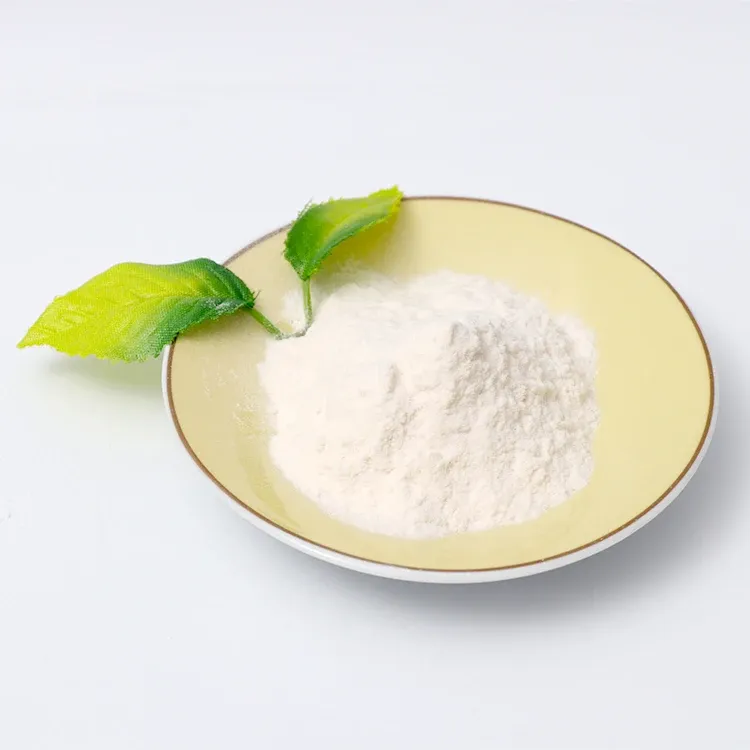
The Role of Polyvinyl Alcohol in Modern Construction
ਪੌਲੀਵਿਨਾਇਲ ਅਲਕੋਹਲ is a water-soluble synthetic polymer that has found widespread use in construction due to its adhesive properties, chemical stability, and compatibility with various building materials. When browsing construction materials, you may often find PVA for sale in powdered or liquid forms, marketed for its versatility in enhancing mortar and plaster.
One common application involves adding PVA to mortar. This practice improves adhesion, reduces shrinkage, and increases overall bonding strength. Builders often add a measured amount of PVA to cement or mortar mixes to help prevent cracking and increase flexibility, especially in high-stress areas like floor joints or wall interfaces.
Another popular use is PVA after plastering. Applying a diluted PVA solution to plastered walls helps seal the surface and improve paint adhesion. It also minimizes dusting, enhancing the finish quality.
PVA’s adaptability extends further. For outdoor applications, exterior waterproof PVA formulations are available. These provide additional resistance against water infiltration, making them ideal for balconies, outdoor walls, and other surfaces exposed to weather conditions.
Due to its chemical composition, safety handling is important. Professionals often refer to the ਪੌਲੀਵਿਨਾਇਲ ਅਲਕੋਹਲ MSDS (Material Safety Data Sheet) to ensure proper storage, usage, and safety measures. The solubility of polyvinyl alcohol in water makes it easy to mix and apply, but also demands that it be used in environments where water exposure is controlled after application to preserve its effectiveness.
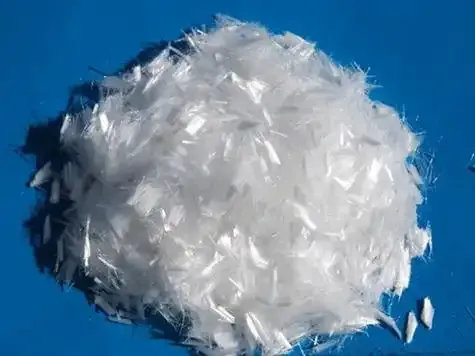
Reinforcing Concrete with Polypropylene Fibers
While PVA plays a crucial role in enhancing binding and finish, ਕੰਕਰੀਟ ਲਈ ਪੌਲੀਪ੍ਰੋਪਾਈਲੀਨ ਫਾਈਬਰ add structural integrity. These synthetic fibers are mixed directly into concrete to reduce cracking, improve durability, and enhance impact resistance. Unlike traditional steel reinforcement, polypropylene fibers do not rust and are significantly lighter, making them a cost-effective solution for many applications.
These fibers work by distributing tensile forces throughout the concrete matrix, minimizing the formation of micro-cracks during setting and curing. This is especially important in slabs, driveways, industrial flooring, and precast panels where durability and strength are critical.
Used together, polyvinyl alcohol and polypropylene fibers allow for advanced construction techniques that balance surface finish, internal strength, and weather resistance. These materials offer builders greater flexibility, especially in challenging environmental conditions or where structural longevity is paramount.
Frequently Asked Questions (FAQs)
1. What are the benefits of adding PVA to mortar?
Answer: Adding PVA to mortar increases adhesion, improves flexibility, reduces shrinkage, and helps prevent cracking. It is especially useful in high-stress joints and enhances workability.
2. Can PVA be used after plastering walls?
Answer: Yes, applying PVA after plastering seals the surface, reduces dusting, and provides a better base for painting. Use a diluted solution for best results.
3. What is the solubility of polyvinyl alcohol in water?
Answer: Polyvinyl alcohol is highly soluble in warm or hot water. It dissolves more efficiently at higher temperatures, forming a clear, viscous solution ideal for mixing in construction applications.
4. How do polypropylene fibers enhance concrete?
Answer: Polypropylene fibers improve concrete by distributing stress, preventing micro-cracks, enhancing durability, and providing resistance to impact and abrasion—all without corroding like steel fibers.
5. Where can I find PVA for sale, and how should I choose the right type?
Answer: PVA is available from most construction supply stores and online retailers. Choose based on intended use: general bonding, exterior waterproofing, or plaster sealing. Always refer to the ਪੌਲੀਵਿਨਾਇਲ ਅਲਕੋਹਲ MSDS for handling and application guidelines.
-
Hydroxypropyl Starch as a Sustainable Construction AdditiveNewsNov.24,2025
-
The Gelation Properties of CMCNewsNov.21,2025
-
Redispersible Latex Powder and Water Retention CapacityNewsNov.21,2025
-
Dosage Control for Polycarboxylate Water ReducerNewsNov.21,2025
-
Film-Forming Properties of Polyvinyl AlcoholNewsNov.21,2025
-
The Function of Gypsum Additives in MortarNewsNov.21,2025

Enhancing Construction Materials with PVA and Polypropylene Fibers
In the modern construction and building renovation industry, polyvinyl alcohol (PVA) has proven to be a valuable material due to its excellent adhesive, film-forming, and sealing properties.
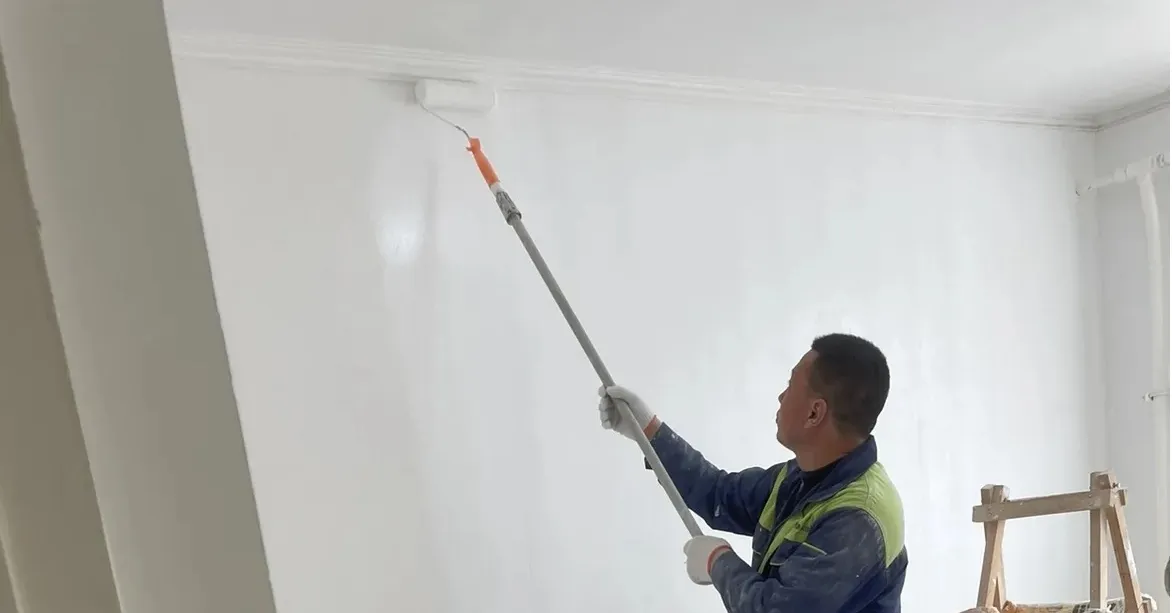
The Versatile Role of PVA in Building and Plastering
Whether you're prepping a surface for rendering, enhancing adhesion between layers, or working on interior finishes, PVA has become a go-to additive.
When preparing surfaces, especially walls and ceilings, applying PVA before render is a standard practice. This creates a bonding layer that reduces dust and improves the adherence of subsequent coats. Similarly, applying PVA for plastering or using PVA ceiling before plastering ensures that the surface has enough grip and consistency for the plaster to bind effectively.
Among the product variations, exterior PVA for rendering is designed specifically for outdoor applications. It offers increased durability against moisture and UV exposure, enhancing long-term surface protection. In indoor applications, using PVA and cement together enhances the flexibility and adhesion of cementitious mixtures, reducing the risk of cracks and shrinkage.
A wide range of PVA manufacturers supply tailored solutions depending on construction needs. For example, industrial grades like PVA 088 50 and PVA 2088 are frequently referenced in both technical datasheets and engineering applications. These grades are documented in many industry resources, and professionals often consult polyvinyl alcohol PDF datasheets for specific formulation and handling instructions.
PVA also finds use in wood preparation—applying PVA on wood before painting or coating can seal porous surfaces, improving paint adhesion and finish smoothness.
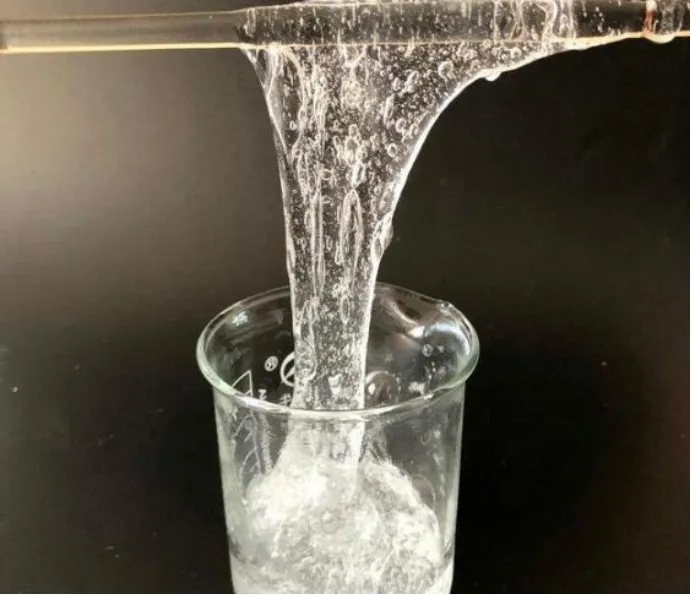
Polypropylene Fibers and PVA: Strength and Versatility Combined
Beyond surface treatments, additives like ਕੰਕਰੀਟ ਲਈ ਪੌਲੀਪ੍ਰੋਪਾਈਲੀਨ ਫਾਈਬਰ offer structural benefits in construction. These synthetic fibers, when mixed into concrete or screed, enhance crack resistance, impact strength, and durability. The synergy between these fibers and PVA-based treatments allows contractors to build tougher, more resilient structures.
For example, using polyvinyl alcohol solution in combination with concrete treatments or primers improves surface bonding and flexibility. In fiber-reinforced concrete, the reduction of micro-cracks by ਕੰਕਰੀਟ ਲਈ ਪੌਲੀਪ੍ਰੋਪਾਈਲੀਨ ਫਾਈਬਰ contributes to enhanced water tightness and structural integrity—essential for roads, tunnels, and industrial flooring.
Meanwhile, contractors are paying closer attention to material cost. Knowing the PVA price per kg helps project planners estimate budgets more accurately. Although premium PVA types like PVA 2088 may cost slightly more, their higher performance often results in fewer maintenance needs and longer-lasting finishes.
Additionally, PVA white (the common name for standard emulsified polyvinyl alcohol glue) is widely used in tiling, woodwork, and general repairs. It serves as a general-purpose adhesive and surface sealer, readily available in both construction supply stores and industrial markets, where polyvinyl alcohol for sale is commonly advertised.
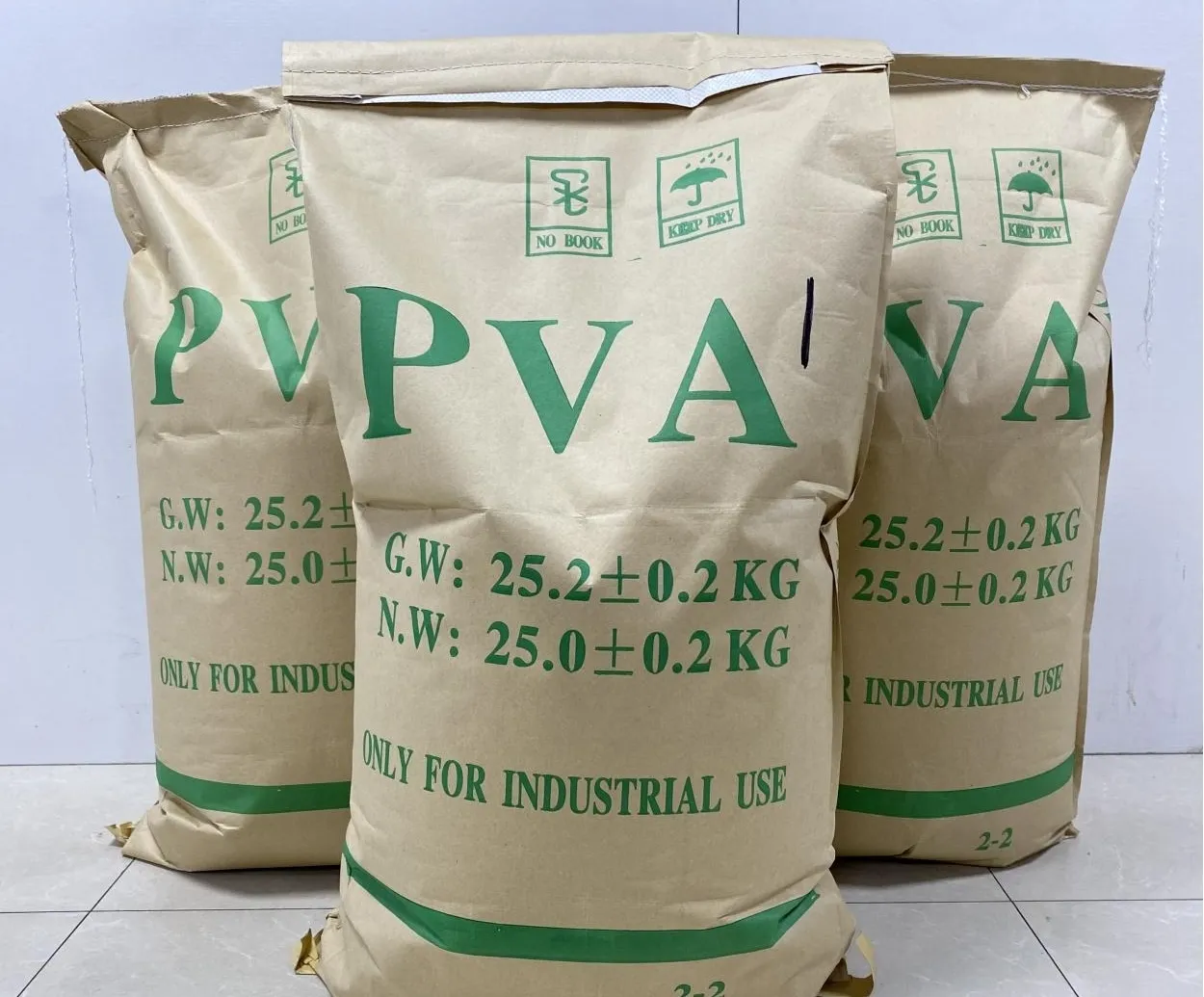
Practical Applications and Growing Demand
The growing demand for effective surface preparation and fiber-reinforced construction has led to increased use of polyvinyl alcohol solution ਅਤੇ ਕੰਕਰੀਟ ਲਈ ਪੌਲੀਪ੍ਰੋਪਾਈਲੀਨ ਫਾਈਬਰ across residential, commercial, and infrastructure projects. From reducing water ingress in concrete to improving plaster durability, these additives play critical roles in optimizing both form and function.
Furthermore, as more manufacturers provide detailed polyvinyl alcohol PDF technical documents, industry professionals can easily compare material properties and ensure compliance with project requirements.
For high-performance demands, specific grades like PVA 088 50 offer excellent film-forming capabilities, while PVA 2088 is favored for its superior water solubility and mechanical strength. Choosing the right type—based on technical performance, adhesion properties, or PVA price per kg—ensures optimal outcomes in any project.
FAQs About PVA and Polypropylene Fibers in Construction
FAQ Title: Common Questions About PVA and Concrete Fiber Additives
- What is PVA used for in construction?
PVA for plastering, PVA before render, and PVA ceiling before plasteringare common applications. It enhances adhesion, seals surfaces, and improves the bond between layers of plaster or cement.- Can I use PVA on woodbefore painting?
Yes, applying PVA on wood acts as a primer and sealer. It reduces surface absorption, improves paint adhesion, and provides a smoother finish.- What are polypropylene fibers used for in concrete?
Polypropylene fibers for concreteare used to enhance durability, prevent cracking, and improve resistance to shrinkage and temperature changes. They're commonly used in roads, foundations, and industrial floors.- What is the difference between PVA 088 50 and PVA 2088?
PVA 088 50typically offers strong bonding and film-forming ability, while PVA 2088 has excellent solubility and is often used where higher flexibility or environmental resistance is needed. Always refer to polyvinyl alcohol PDF datasheets for detailed comparisons.- How much does PVA cost and where can I find it?
Polyvinyl alcohol for salecan be found through various PVA manufacturers, suppliers, and online platforms. The PVA price per kg varies based on grade and packaging but is generally economical for both small and large-scale use.
-
Hydroxypropyl Starch as a Sustainable Construction AdditiveNewsNov.24,2025
-
The Gelation Properties of CMCNewsNov.21,2025
-
Redispersible Latex Powder and Water Retention CapacityNewsNov.21,2025
-
Dosage Control for Polycarboxylate Water ReducerNewsNov.21,2025
-
Film-Forming Properties of Polyvinyl AlcoholNewsNov.21,2025
-
The Function of Gypsum Additives in MortarNewsNov.21,2025





















